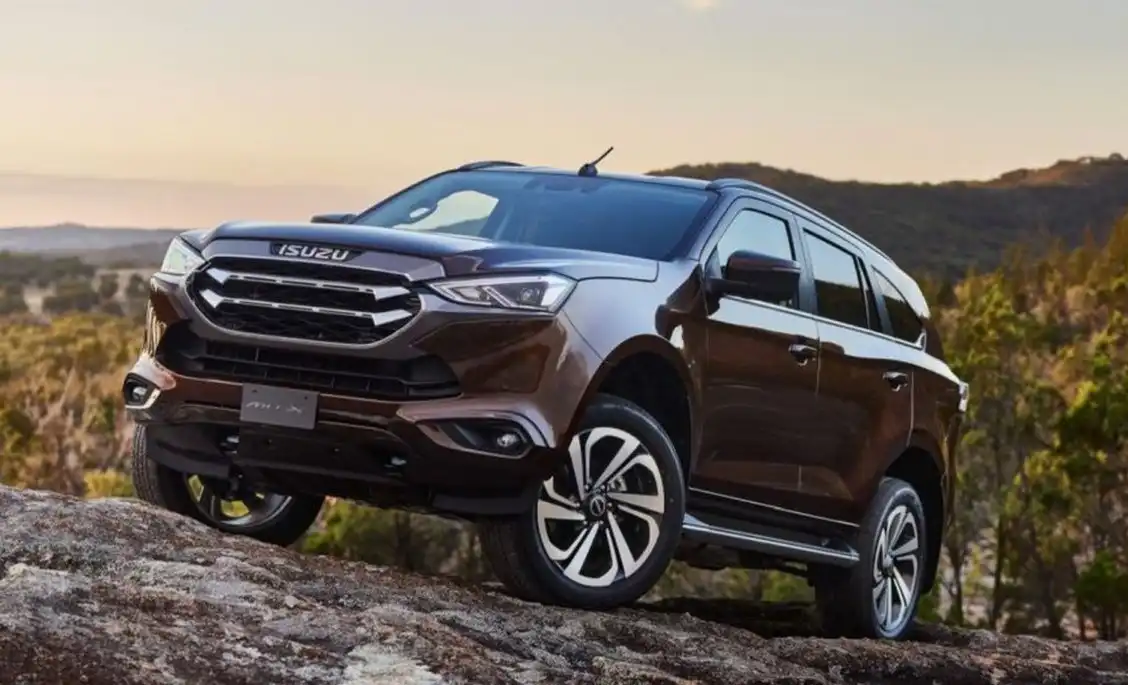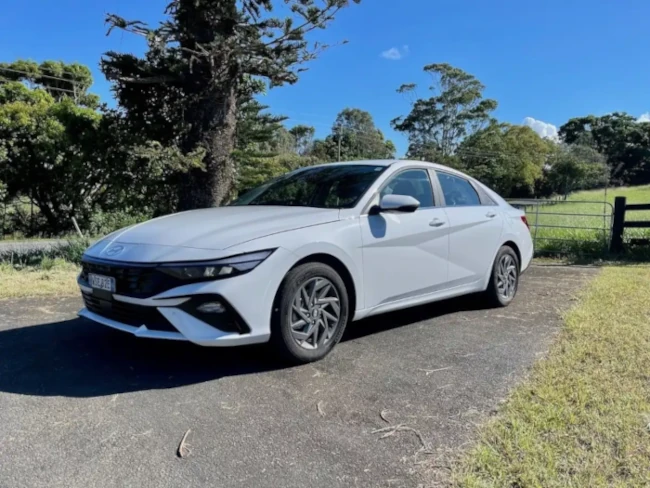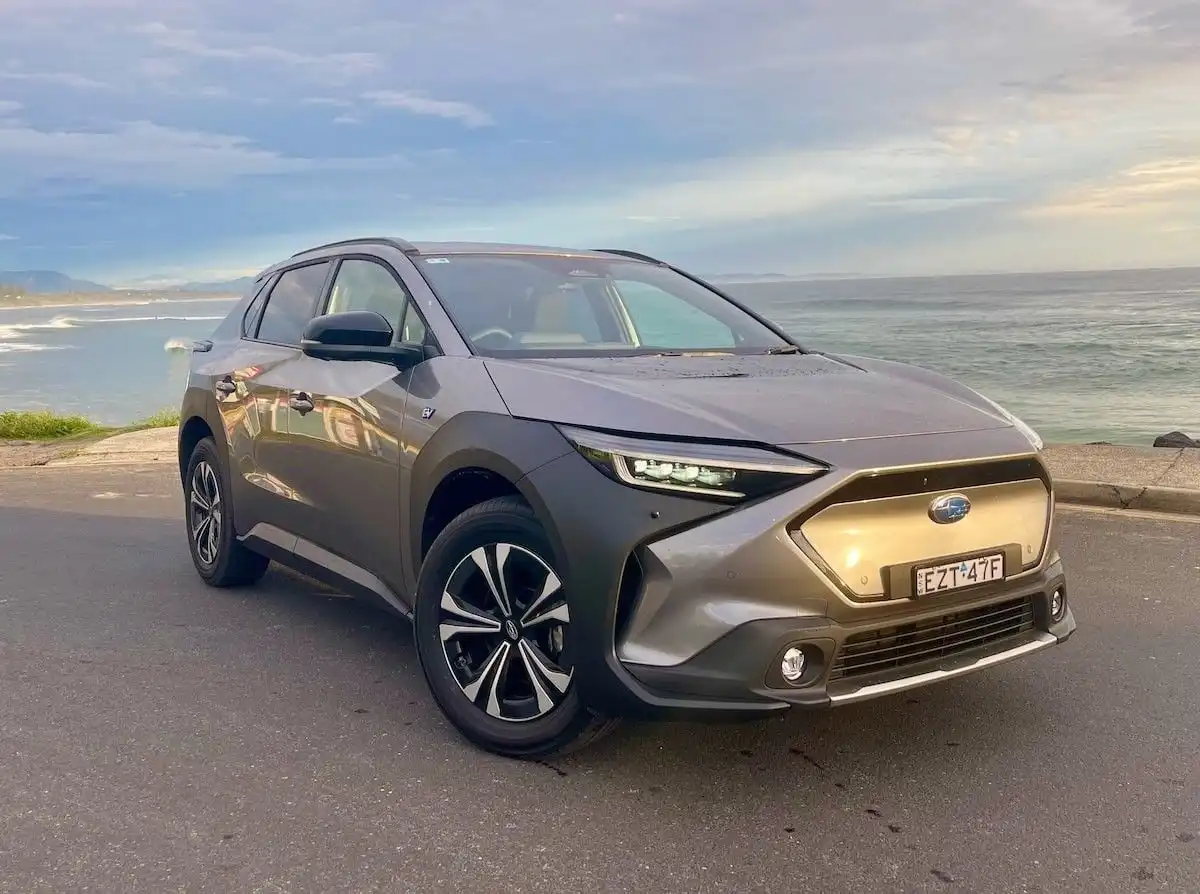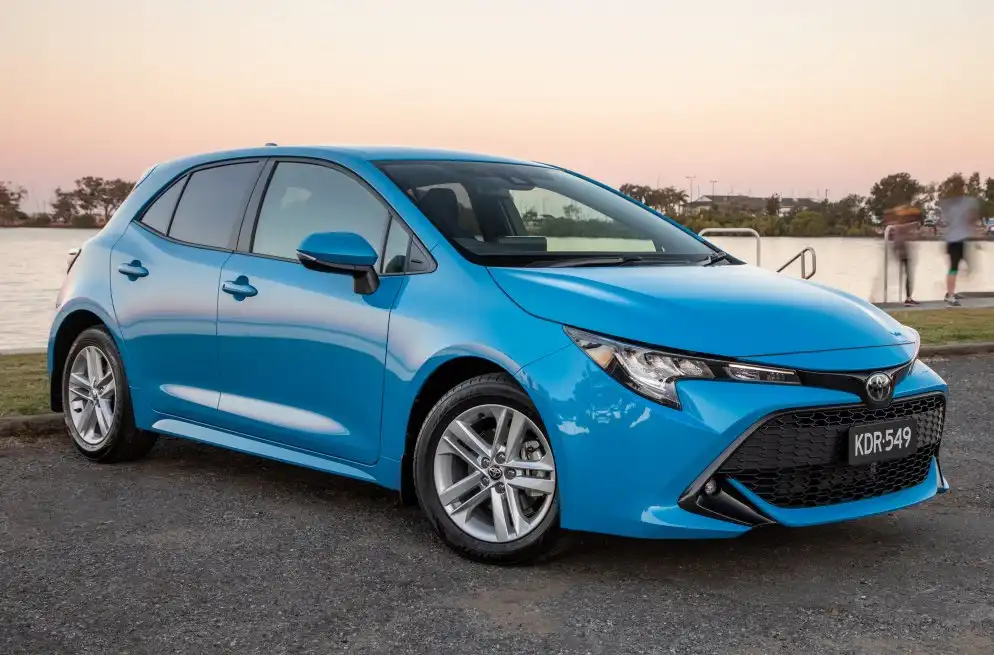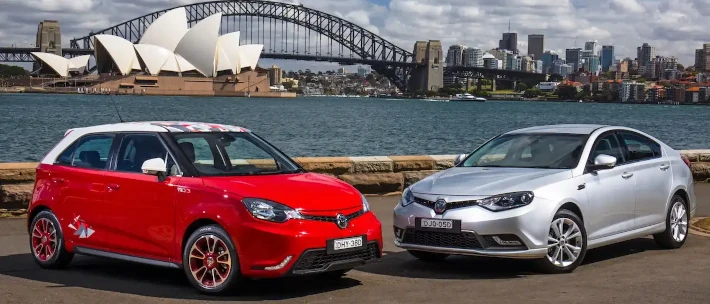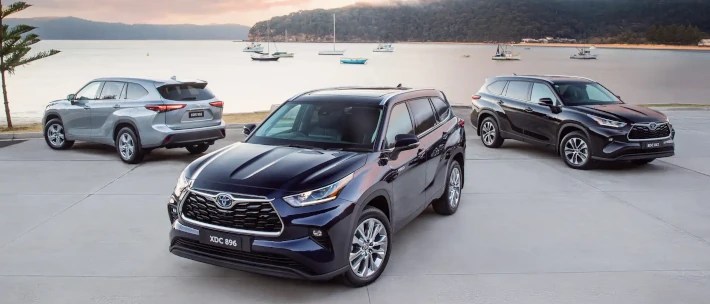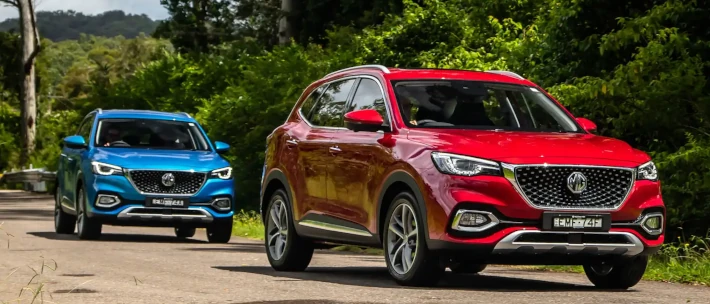Aside from the growing range of State and Territory based incentives, as it stands in Australia, the purchase of an electric car for your company is exempt from the fringe benefits tax.
Let’s unpack exactly what that means and how it can save you thousands in the process of transitioning to an electric vehicle.
What is the Fringe Benefits Tax (FBT)?
Before we dive into the benefits of a fringe benefits tax, or FBT, exemption for electric cars, we need to understand what a fringe benefits tax is in the first place.
Put simply, the Australian Fringe Benefits Tax is a tax applied to, and paid by an employer, on certain added benefits offered by the organisation; though it is often passed onto an employer if purchased with a novated lease.
The most common examples of fringe benefits include company cars, health insurance, gym memberships, as well as food and travel subsidies.
FBT is separate from income taxes, and is calculated by the ATO by taking a look at the value of the fringe benefit being offered to the employee.
Electric Car Discount Bill Approved
In 2022, the Australian Parliament passed the Electric Car Discount Bill which has resulted in a prime opportunity for businesses to take advantage of generous incentives to transition their vehicle fleet to electric power.
The bill outlined that electric vehicles would be exempt from Fringe Benefits Tax (FBT), while a conventional internal combustion vehicle is not.
“Electric vehicles priced under $84,916 are eligible for FBT exemption, offering huge potential cost savings for Australian businesses.”
Considering the lofty price tags for electric vehicles, the Fringe Benefits Tax exemption has enabled very significant potential savings for companies big and small alike when purchasing an electric car.
FBT Exemption Eligibility and Features for Electric Vehicles
Fringe Benefits Tax exemptions are applied to the purchase of a new electric vehicle purchased, so long as it is powered by a zero-emissions powertrain like an electric motor.
According to the ATO, in order to be eligible for an FBT exemption, there’s a few simple boxes you need to tick - these include:
- The car is powered by an electric motor
- Powered by a hydrogen fuel cell or plug-in hybrid motor
- The vehicle is priced under the $84,916 latest Luxury Car Tax threshold
- Designed to carry a load of less than 1 tonne and less than nine passengers (including driver)
- The vehicle is new and not purchased before July 1, 2022
While plug-in hybrid vehicles (PHEVs) are also eligible for an exemption, the ATO says that this will only be available until the 1st of April, 2025.
How is FBT Calculated on a Car?
The Australian Taxation Office, ATO, calculates Fringe Benefits TAX (FBT) on the purchase of a new car by either applying a statutory tax formula or an operating cost method.
It is also calculated as a 47% tax on the personal use portion of a work vehicle, which depends on whether or not the vehicle is used outside of purely work activities.
To find the full run-down on the pros and cons of both the statutory and operating cost methods of calculating FBT, reach out and speak with one of our automotive financing experts.
What Does the FBT Exemption Mean for Electric Car Buyers?
Quite simply, the move to make electric cars exempt from the Fringe Benefits Tax means that businesses have access to thousands in potential savings when purchasing an EV over a conventional vehicle for work purposes.
“Any electric car purchased for under $84,916 in Australia is eligible for the FBT exemption”
For example, the simple cost savings of purchasing a $60,000 electric vehicle over a comparable petrol-powered car total $12,000 thanks to the FBT exemption for an electric vehicle, that would otherwise be taxed each year.
Which Electric Cars Are Eligible for FBT Exemption?
As we’ve mentioned, electric cars that are priced under the latest Luxury Car Tax (LCT) threshold of $84,916 here in Australia are eligible for the FBT exemption.
This means that there’s a healthy number of options from leading electric vehicle manufacturers for you to choose from, including:
- Tesla Model 3
- Polestar 2
- Hyundai Ioniq 5
- Telsa Model Y
- BYD Atto 3
- MG ZS EV
- Kia EV6
- Hyundai Kona Electric
- Volvo C40
- Kia Niro
- Nissan Leaf
- MINI Electric
- Lexus UX 300e
What Does the FBT Exemption For Electric Cars Mean for My Tax Return?
This exemption can have a positive impact on your tax return, as it reduces the amount of tax you need to pay on the value of the benefit. As always, we encourage you to reach out to one of our automotive financial experts who can help break down the potential savings.
How Much Will You Save Under an Electric Car Novated Lease?
With the help of the FBT exemption, potential savings on a vehicle acquired with a novated lease are hugely significant as it eliminates one of the major costs associated with a novated lease.
In general, the FBT exemption for electric cars can result in significant savings for both the employee and employer. The exemption can reduce the FBT payable on the car benefit to zero, which means that the employee will not be subject to FBT and the employer will not need to pay FBT on the benefit.

